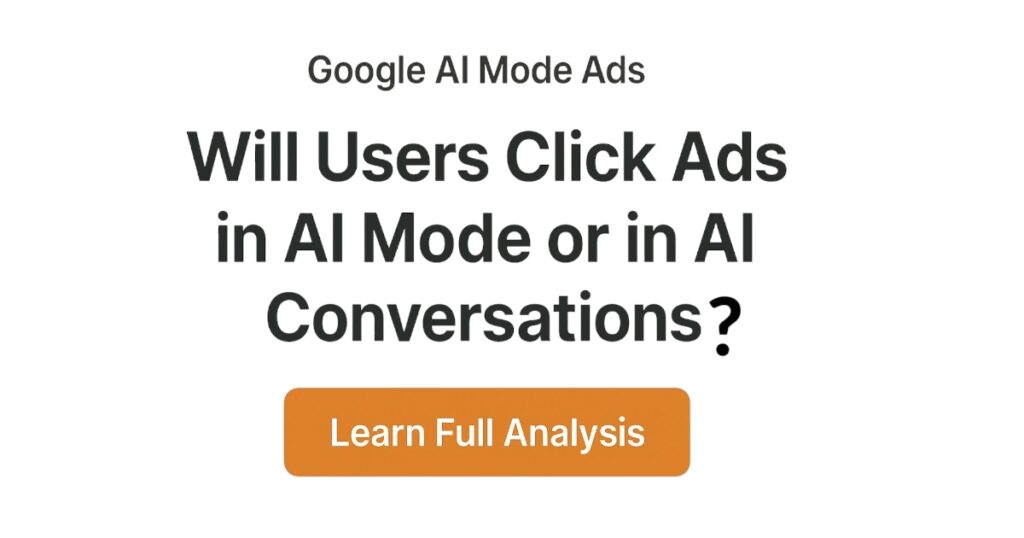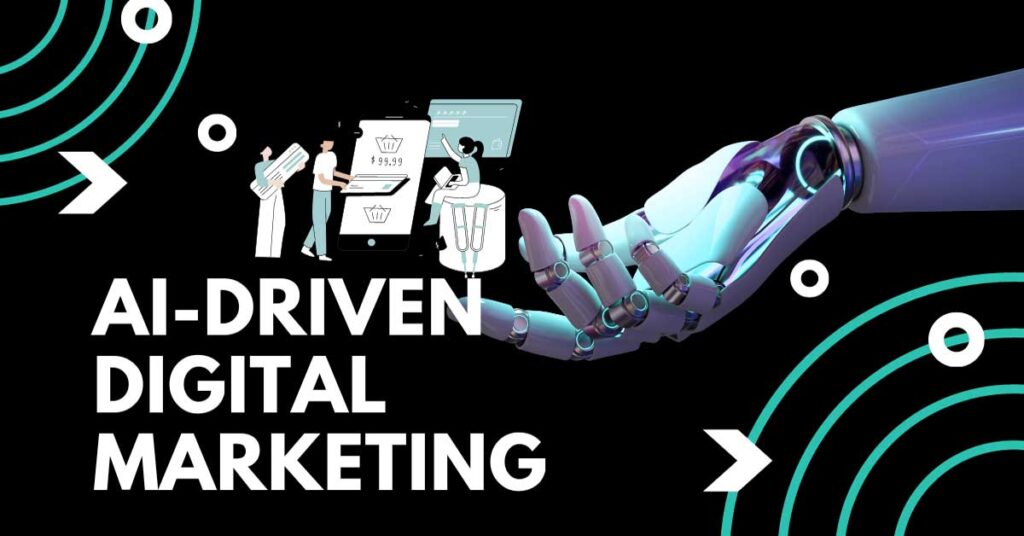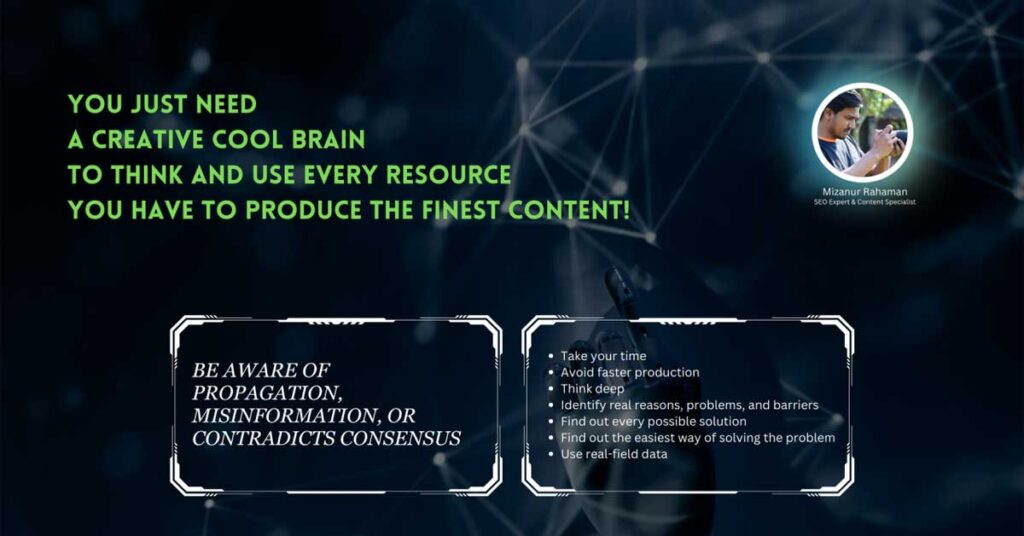AI isn’t just changing marketing tools — it’s rewriting the rules of marketing strategy.
Over the last few years working with teams adopting AI in their go-to-market, I’ve noticed a common pattern:
The companies that win don’t just plug AI into their workflows. They reshape their marketing strategy around it.

1. From Campaigns → to Continuous Conversations
AI makes personalization scalable. But here’s the catch: most AI-powered outreach feels robotic. The teams that succeed design “human-in-the-loop” journeys, where AI handles scale and marketers add context and empathy.
2. From Storytelling → to Story-Living
Generative AI is making static campaigns feel outdated. I’ve seen pilots where interactive demos or AI-driven simulations had 3x higher engagement than traditional assets.
The next wave of marketing strategy isn’t about telling stories. It’s about letting customers step inside them.
3. From Data-Driven → to Decision-Driven
Dashboards used to give us hindsight. Now AI copilots offer foresight. I’ve worked with marketing teams that cut decision cycles from weeks to hours because AI recommended and executed optimizations in real time.
The real strategic question: Do we trust the system enough to act on it?
4. From Trust as Compliance → to Trust as Differentiator
In every AI project I’ve supported, one thing stands out: adoption depends on credibility.
Customers want to know how data is handled, where the model might be biased, and what safeguards exist.
The brands that lean into transparency don’t just reduce risk — they turn trust into a competitive advantage.
5. From Efficiency → to Advantage
Here’s a trap: treating AI only as a cost-saving lever.
Yes, it saves time and money. But I’ve seen the best teams reinvest that efficiency into bold creative experiments and deeper customer relationships.
That’s where real advantage comes from.
Takeaway (from experience):
AI won’t eliminate the need for marketing strategy.
It raises the bar.
In 5 years, I don’t think we’ll say “AI marketing” anymore.
We’ll just call it marketing.
I’d love to hear from others: what’s been the biggest strategic change you’ve seen (or made) in marketing with AI adoption?




